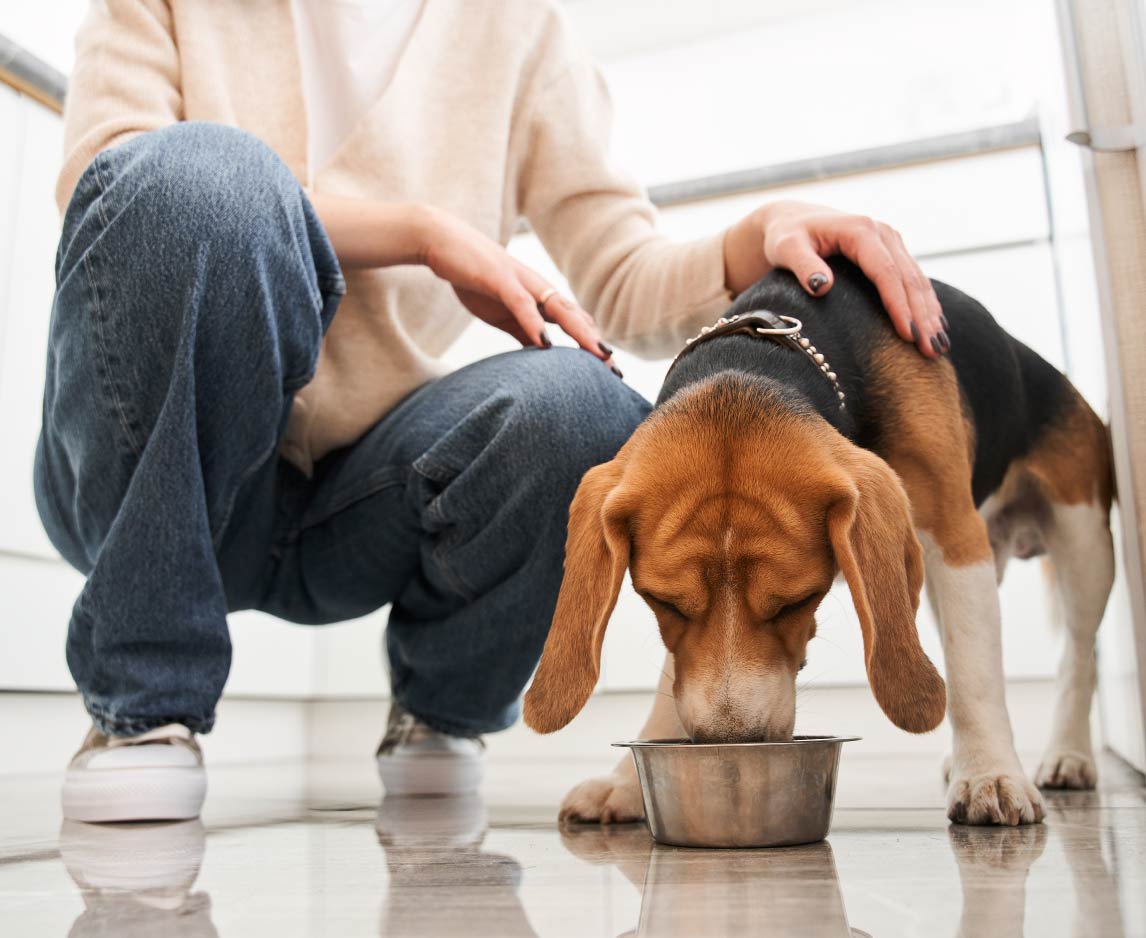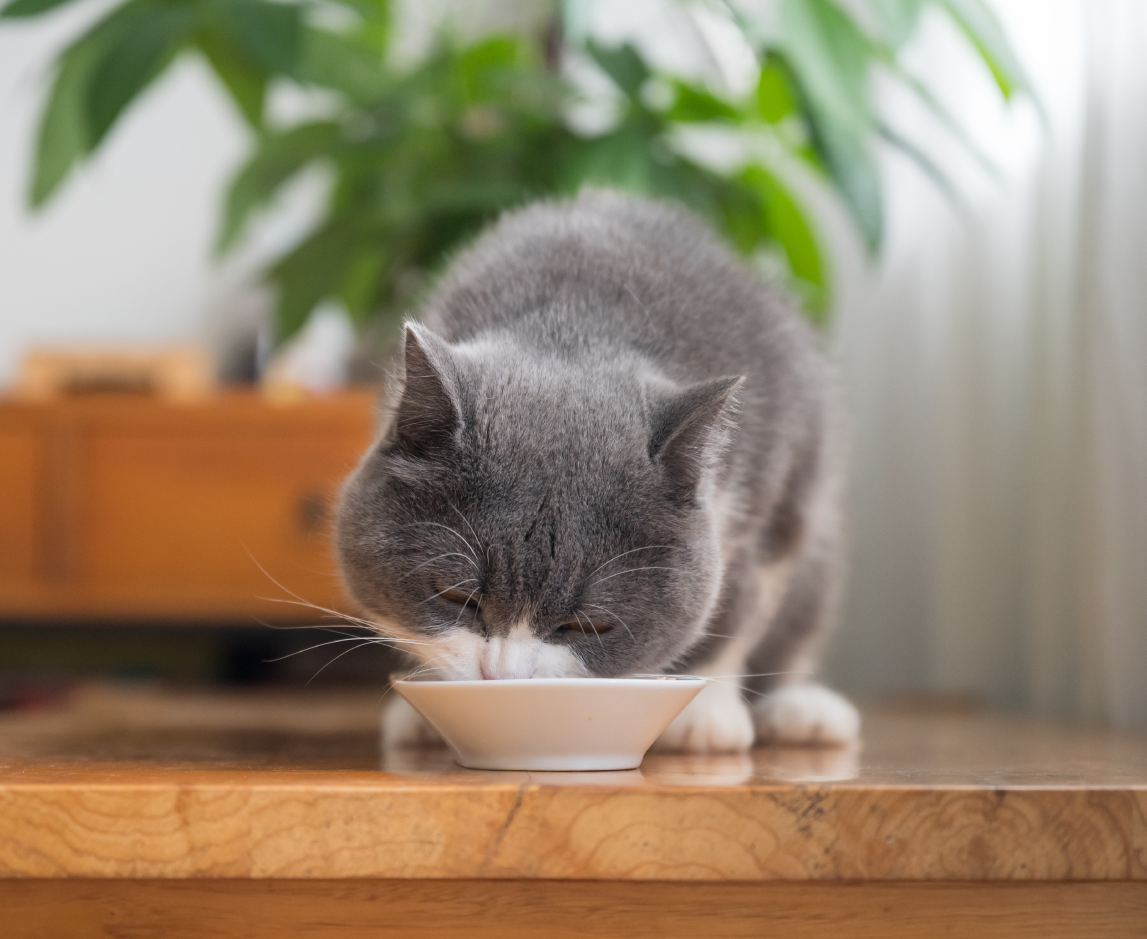A common misconception, or myth if you will, is that high protein diets are harmful to pets. The way the story goes is that high protein diets cause kidney disease. This erroneous fear developed as the result of research conducted feeding dogs food made from low quality, difficult to digest protein sources. Protein is digested in the animal's liver, with the unusable portion excreted as waste by the kidneys. When fed an abundant amount of low quality protein, an animals kidney's are taxed with a large amount of work. A clear indicator of the high protein myth is that the prevalence of kidney disease among wolves in the wild is much lower than it is in domesticated animals; despite the fact that wolves eat a diet primarily made up of meat.
Another big factor in the relationship between protein intake and kidney health in pets is the water intake of the animal. While it's commonly known that cats often drink insufficient water levels on there own, dogs often fail to drink enough without encouragement. Mixing wet, canned food to a pet's diet is a great way to increase hydration if the animal fails to drink enough water on his or her own. Animals organs rely on adequate hydration to process macronutrients and any waste products created.
In summation, it's simply untrue that a high protein diet is harmful for your pet. In fact, the National Research Council has found no upper level for protein intake is known for dogs or cats. In recent years countless studies have been published debunking the high protein myth. The health of a diet comes down to the quality of its' ingredients, particularly the protein sources. With RAWZ, we use USDA certified dehydrated chicken rather than heavily processed chicken meal as our concentrated source of protein; providing pets with high quality protein delivered in a food that's nearly 88% digestible!




